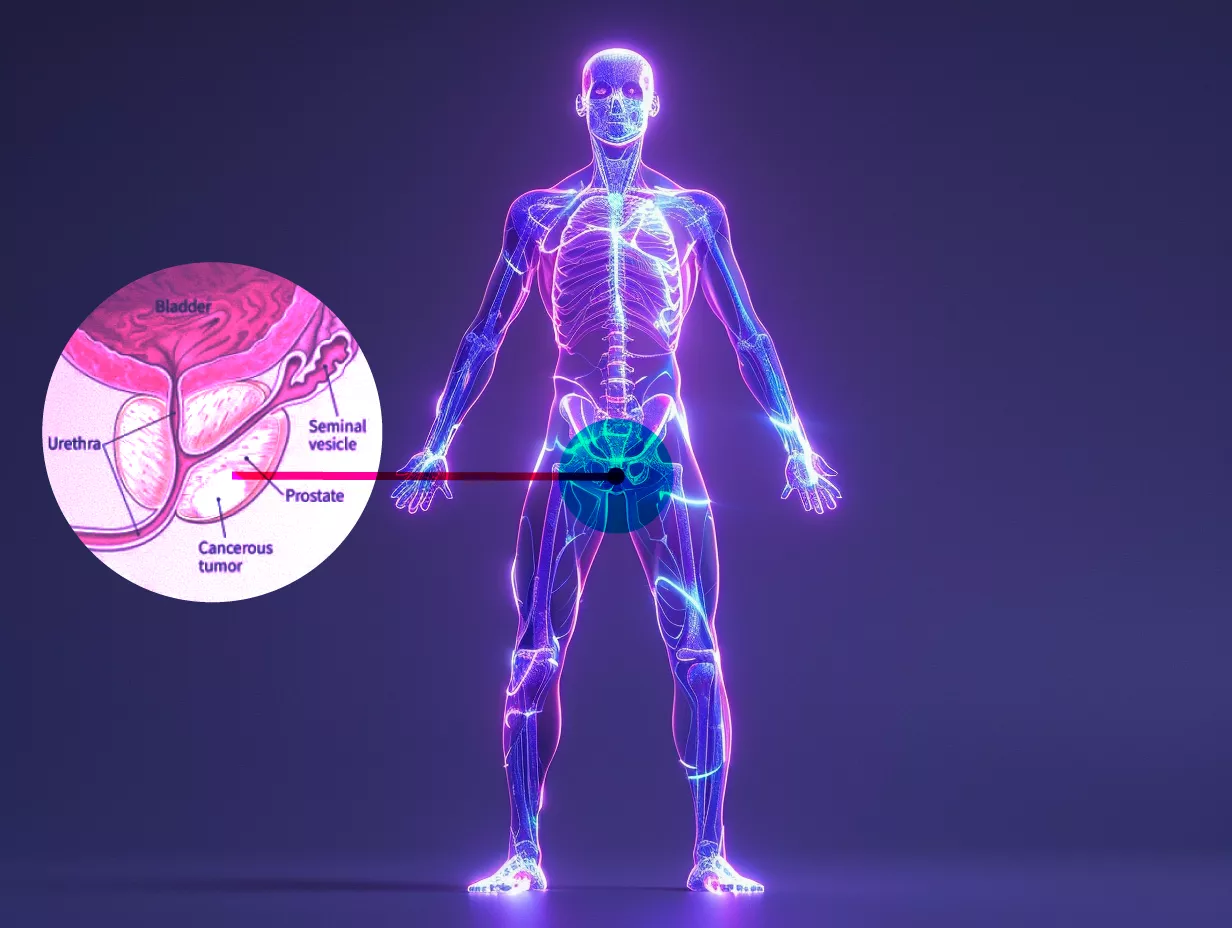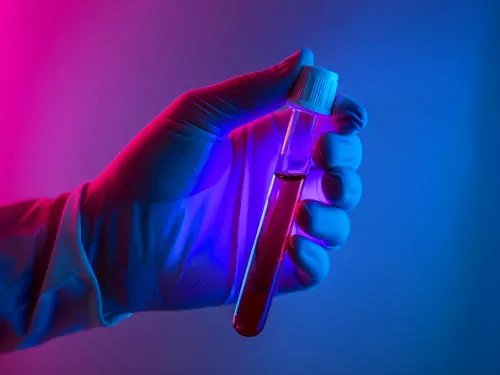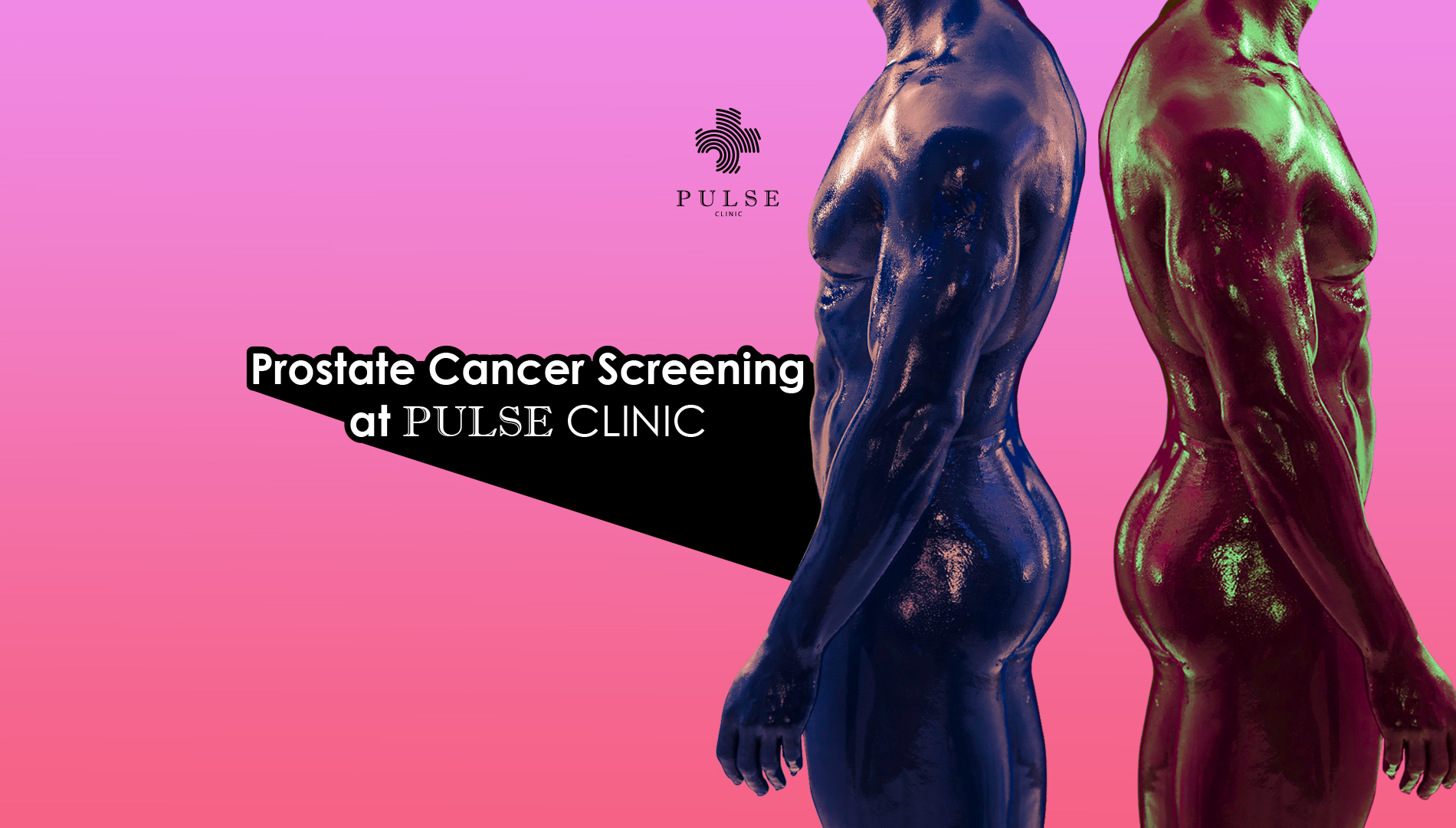Prostate Cancer Screening in Bangkok, Chiang Mai, Pattaya, Phuket & Koh Samui (Thailand)
6271
Screening Tests for Prostate Cancer in Bangkok, Chiang Mai, Pattaya, Phuket (Thailand).

Prostate Cancer Screening in Bangkok, Chiang Mai, Pattaya, Phuket & Koh Samui (Thailand)
Don’t wait for symptoms to appear—prostate cancer often doesn’t show signs in its early stages.
If you wish to do a prostate cancer check, you can see doctors at the PULSE Clinic. To book an appointment, please email us at info.bkk@pulse-clinic.com or chat on your preferred platform.
![]() +66 65 237 1936
+66 65 237 1936  @PULSEClinic
@PULSEClinic ![]() PulseClinic
PulseClinic
What is Prostate Cancer Screening?
Screening means testing for cancer before you have any symptoms. For prostate cancer, it involves checking for signs of cancer in the prostate gland, which is a small gland in men that produces seminal fluid. The main goal is to catch cancer early when it might be easier to treat.
What are the Symptoms of Prostate Cancer?
Early-stage prostate cancer often doesn’t cause any symptoms. However, more advanced prostate cancer may cause:
- Trouble urinating
- Decreased force in the stream of urine
- Blood in the urine
- Blood in the semen
- Bone pain
- Unintentional weight loss
- Erectile dysfunction
How to Screen and Test for Prostate Cancer?
1. PSA Blood Test
What PSA: It measures the prostate-specific antigen (PSA) level, which is a prostate protein.
Normal Levels are usually below 4 ng/mL. Levels can vary, and higher levels could mean cancer, but not always.
4 to 10 ng/mL: Borderline; 1 in 4 chance of cancer.
Above 10 ng/mL: Higher chance of cancer, over 50%.
Other Factors: PSA levels can go up due to age, enlarged prostate, infections, recent ejaculation, bike riding, and certain medications. Some drugs and supplements can lower PSA levels.
Digital Rectal Exam (DRE)
What it is: A doctor feels the prostate through the rectum to check for lumps or hard areas.
What it finds: It can detect abnormal areas in the prostate, but it’s less reliable than the PSA test.
Trust PULSE CLINIC to take care of your health like other 45000 people from over 130 countries. We provide discreet professional service with high privacy. Here to help, not to judge.
What Happens if Your Results Are Abnormal?
If your PSA levels or DRE results are not normal, it doesn’t mean you have cancer, but further tests are needed:
1. Repeat the PSA Test
PSA levels can sometimes change, so another test might be done after a month to see if they stay high.
2. Special PSA Tests
Different PSA tests can give more information about your risk.
3. Imaging Tests
MRI or ultrasound to get a clearer picture of the prostate.
4. Prostate Biopsy
What it is: A small sample of prostate tissue is taken and examined under a microscope to check for cancer cells.
Why it's done: It’s the only way to know if you have cancer.
Important Considerations
- Talk to Your Doctor: Discuss the pros and cons of screening. Your doctor can help you decide based on your age, health, and risk factors.
- Medications and Supplements: Inform your doctor about anything you’re taking, as it might affect PSA levels.
- At-Home PSA Tests: These can be convenient, but you might miss the chance for important discussions with your doctor.
Add us on Line and stay in touch.












